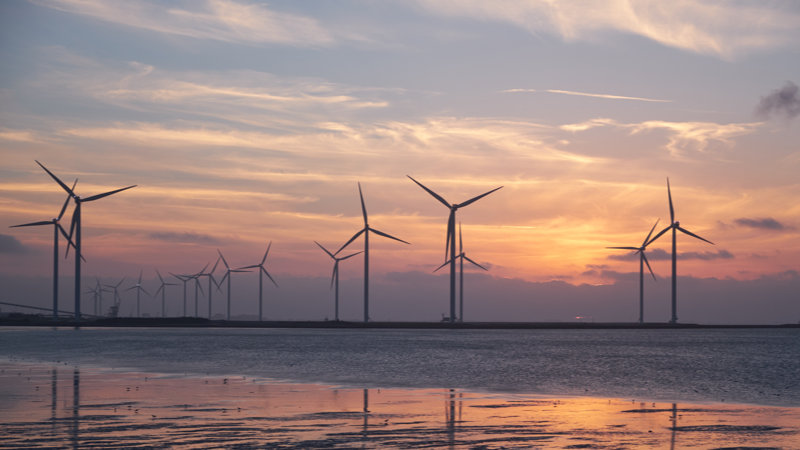Evolving partner incentives for subscriptions and services
14 November 2022

A summary of the main talking points from an expert panel discussing energy management opportunities for the channel.
Canalys ran a series of “Expert Hubs” at its Canalys Forums EMEA 2022. The aim was to gather experts from within the channel partner community to discuss a variety of subjects pertaining to one of the key event themes: cybersecurity, cloud, managed services, and sustainability. The sessions featured a mix of partners, vendors and, in some cases, third-party experts. Event participants were invited to watch the live discussions in-person in Barcelona or online via Canapii. In this series of reports, we summarize some of the key points that came out of these sessions.
Topic: Beyond bill shock
Partner participants: SEC Datacom, Axiz, Dustin
Vendor participants: Eaton, Vertiv, Schneider
The current energy cost crisis sweeping the globe has caused individuals and companies to look for energy and cost saving opportunities. However, not only do rising energy costs present partners with new opportunities to help customers optimize energy consumption and sustainability practices, but it also provides a chance for partners to improve internal understanding and services regarding sustainability.
The panelists at the Canalys Forums EMEA 2022 discussed the best strategies during the current energy crisis.
Enterprise customers are becoming increasingly attentive to the environmental impact of their purchases. But in the face of increasing costs, panelists are seeing some companies overlook environmental considerations and instead increase their fossil fuel consumption to fix their immediate problems.
Panelists agreed there are opportunities to counter this by providing energy management software and systems to monitor the operational efficiency of customer data centers. However, to fulfill such needs, internal skills gaps must be addressed.
This led the panel to discuss the value of partners developing in-house capabilities instead of outsourcing to remain competitive in a volatile market. The panel concurred that by strengthening internal capabilities via training and hiring, partners can become experts in emerging areas, enabling them to offer optimization services at different system levels. This, in turn, would allow partners to expand their product offerings to customers and build flexibility during uncertain market conditions.
A major topic throughout the discussion was the importance of internal assessments to improve savings, increase efficiency and reduce environmental footprints.
By analyzing internal energy consumption and scope one, two and three emissions, partners can develop internal assessment competencies, improve efficiency, filter out bottlenecks and reduce total emissions. Ultimately, this fosters the ability for partners to deploy such assessments for customers. One panelist noted that by understanding operational weaknesses and costs they were able to develop sufficient in-house expertise to approach customers.
However, measuring scope three emissions throughout the supply chain is extremely difficult. Therefore, when analyzing spend data, it is vital to consider the amount of fossil fuels purchased and activity-based data to gain an accurate indication of your footprint. Beyond this, partners must communicate with their supply chain and customers to identify material actors as well as strategic actors to gain a holistic overview of their emissions.
As demand for cloud services increases, there is a need to integrate renewable technologies to control rising energy costs. By diversifying into solar and wind energy, companies can limit their dependence on fossil fuels while reducing costs.
Panelists stressed the value of engaging in power purchase agreements (PPAs) as they reduce scope two emissions by using renewable energy, as well as guaranteeing energy procurement at a fixed price over a five to 20 year period.
With energy costs rapidly increasing, panelists noted that partners must move quickly to secure PPAs, as they help to ensure financial and operational resilience amid fluctuating energy prices. It was agreed that there were significant cost savings and environmental benefits to be made, even for companies with lower energy consumption. By working with vendors, PPAs could also help customers reduce their environmental impact and meet public sustainability goals. This is achieved by switching a customer's long-term energy supply to renewables at a fixed price, for a defined period of time. By thinking with a long-term perspective, partners, distributors and resellers can gain a competitive advantage over their less forward-thinking competitors.